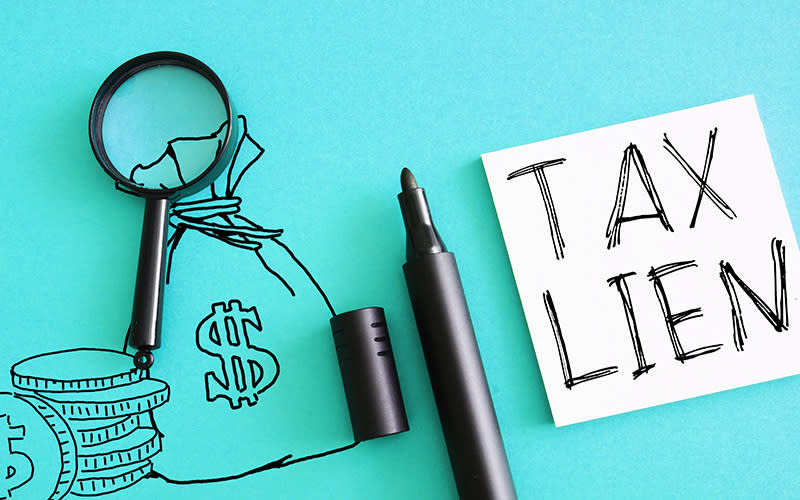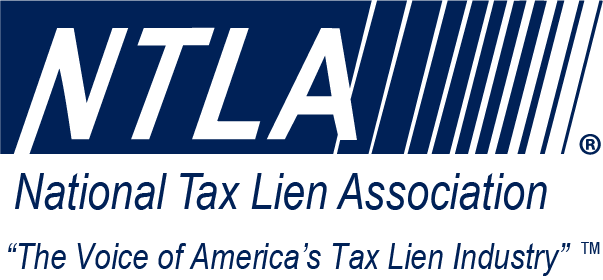Understanding the Basics: What Are Tax Liens and Tax Deeds?

Understanding the Basics: What Are Tax Liens and Tax Deeds?
The first step in learning about tax lien and deed investment is to know the differences between them, as well as the ways that tax liens and tax deeds can intersect during a cycle of investment. This article defines tax liens and tax deeds, and explains why they exist, how they can be profitable for investors, and other important things you will want to know about them.
What is a Tax Lien?
If a homeowner fails to pay their property taxes on time, the tax authorities in their city, county, or state can file a lien against the property – whether that’s a house, a condo, undeveloped land, or another type of real estate subject to property tax. If the delinquent taxpayer never repays whatever taxes and related fees or penalties they owe, then the tax authorities have a legal right to sell it and take whatever is owed out of the proceeds of that sale. That happens through the process of foreclosure. Tax liens get repaid first, even before other liens such as those that mortgage companies or building contractors may have against the property.
What is a Tax Deed?
A tax deed is the legal instrument that transfers the ownership title to the purchaser of the property. Tax deeds are sold by the tax authorities in order to generate sales proceeds to compensate for the loss of tax dollars due to taxpayer delinquency. Regarding the deed holder’s rights to ownership and possession, the laws differ from state to state. But in many jurisdictions, if you have a deed giving you title to the property, you can move into it, sell it, or do whatever you wish with it – within the restrictions of state and local laws that can vary quite a bit.
Other Key Tax Lien and Deed Investment Details
In states that use tax liens, the county generally gives the property owner a year or so to pay what they owe. If they don’t pay what is owed by the deadline, the county will hold an auction and sell the lien. The cash paid by the investor who wins the auction helps cover the losses the county incurred when the property taxes weren’t paid. Whoever buys that lien at the auction doesn’t get an ownership stake in the property, which can only happen if they buy a deed. But they do have the right to collect the interest the county continues to charge the delinquent taxpayer, which is usually set at a very favorable rate. Most of the time taxpayers will pay off or “redeem” the lien to avoid losing their home at foreclosure or having to sell it and move. But when they redeem, the investor who bought the lien can go to the county and collect the amount of their original investment plus all of the accrued interest. That’s the financial incentive for lien investors who have the potential to make a good profit on the interest.
Investing to End Up Owning Property
Counties in states that sell tax deeds typically give the property owner a few years to pay what they owe. Then if they are still delinquent the county goes through a legal notification process before it offers the tax deed for sale in an auction. The winning bidder who purchases it can then go through the court to file for a warranty deed. A warranty deed is needed to give them the ability to legally possess the property with full ownership rights. There are even some “redeemable tax deed” states where the way it works is that after a reasonable period of time of taxpayer delinquency, the investor who bought the deed at auction can actually have a warranty deed granted to them. They can do so without having to go through the financial expense and delays of a court case.
Different Ways to Buy Tax Liens and Tax Deeds
As explained above, you can invest by attending auctions that are organized and advertised by the counties that hold them. Each county will have its own unique rules and procedures, and you can learn what those are by contacting the county tax authorities before the auction.
- Some auctions are in person, and many have transitioned to an online format.
- Since it varies from state to state and county to county, some places will offer tax lien sales, others tax deed sales, and some do both.
- But there is also a third possibility, which is commonly referred to as an “OTC” or over-the-counter sale.
- These liens are usually ones that were offered at a regular auction but the winning bidder didn’t have the money to complete the purchase, so the county kept the lien. Or there was no investor interest at all and nobody placed a bid.
- Either way, the county wants to generate money from its liens, and after one doesn’t sell they may offer it for sale directly – without you having to attend an auction.
- You may buy it OTC much cheaper since nobody’s bidding against you. There’s also no possibility of being outbid since you’re buying it from the county in a normal agreed-upon price transaction.
- Not all counties offer OTC purchases, but if you inquire they’ll let you know whether or not they do and how they work.
Final Thoughts
Now you have a foundational understanding of these tax instruments and how investing in them can potentially be quite lucrative. But keep in mind that successful tax sale investing typically requires due diligent research. You want to identify ahead of time, before you invest, any potential pitfalls that might undermine your profitability. That’s a big topic, and it’s not possible to cover it in this brief article, intended to familiarize you with the basics. As any taxpayer knows, all kinds of taxes are complicated, subject to changes and updates in the rules, and some of the rules create possible pitfalls – while others can help you more effectively save money and grow your wealth, if you know how to navigate the tax code.
How to Learn More
That’s why anyone wanting an in-depth education on these topics, to become exceptionally knowledgeable and well-prepared for a successful journey as a tax lien and deed investor, should definitely consider signing up for the comprehensive NTLA University’s Master Tax Lien Investing and Servicing Class. It is just one of the many excellent knowledge resources that the NTLA provides, as part of its mission as a nonprofit association that has been devoted to supporting tax sale investors since 1997. By the way, membership in the NTLA has many perks and rewards, and those include a very valuable deep discount on the tuition for this increasingly popular Master Class.
Additional Info
Media Contact : Brad Westover, NTLA Executive Director — info@ntla.org
Source : National Tax Lien Association (NTLA)
